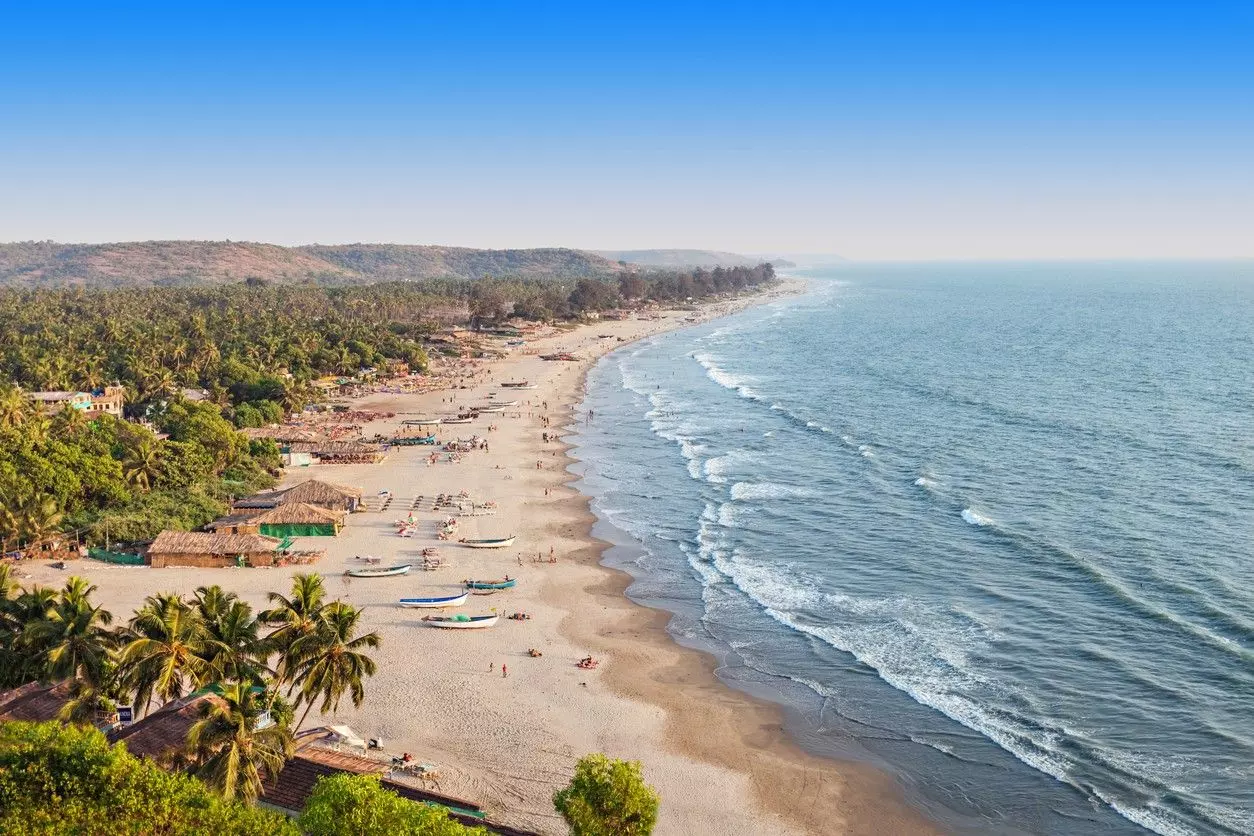
One third of India’s vast coastline, exceeding 11,000 kilometres, is vulnerable to erosion and extreme climate events. (Representative Photo: iStock)
World Bank approves funds for coastal communities in TN, Karnataka
A USD 212.6 million project will conserve ecosystems, reduce plastic pollution, and generate jobs for 1 lakh people in the two sea-bordering states

In a significant move, the World Bank (WB) has ratified a new programme to support coastal communities in India by means of conserving ecosystems, reducing plastic pollution and generating employment for one lakh people in Tamil Nadu and Karnataka.
The Strengthening Coastal Resilience and the Economy (SHORE) project, worth USD 212.64 million, is part of the USD 850 million SHORE programme that has been initiated by the international lender to address challenges faced by the coastal communities.
Tamil Nadu has the second-longest coastline among the Indian states, with nearly 1,069 kilometres (km), after Gujarat, which has over 2,340 km. Karnataka has a coastline measuring 343 km.
Also read: Kerala Congress MP asks govt to prepare coastal protection plan
One-third of India's coastline vulnerable
India has a coastline of nearly 11,100 km, and one-third of it is vulnerable to erosion and extreme climate events. Around 250 million people depend on coastal areas for their livelihood.
The coastline also secures habitats for 18,000 known species of flora and fauna, offering vital economic opportunities and sources of livelihood for coastal communities.
Also read: Seawater intrusion along Bay of Bengal may be more serious than we think
Marine ecosystems are at the mercy of the risk posed by the combined effect of coastal erosion, pollution, intensive fishing, decline of mangrove forests and urban stress.
Helping people with knowledge and skill development
A press release issued by the World Bank on Wednesday (September 10) said, “In Tamil Nadu and Karnataka, the project would support the coastal management plans of the two states by helping one lakh people through enhanced knowledge, skill development and by leveraging funds for government agencies and local communities.”
Also read: Mangrove key to coast conservation; Odisha shows big gains in cover
Seventy thousand people, including women, would benefit under the programme through training in sectors such as sustainable tourism to gain fresh avenues of income.
Paul Procee, WB’s acting country director for India, said, “India’s Vision 2030 has recognised the potential of the blue economy to power its economic growth. This project will help states tap into private sector sources to mitigate the impacts of plastic pollution and to foster eco-tourism in selected areas.
Also read: Land erosion has impacted one-third of India's coastline in 3 decades: Govt data
“For example, private sector intervention can help strengthen plastic waste value chains and establish environment-friendly beaches while also creating economic opportunities for coastal communities.”
Tamil Nadu and Karnataka would gain by conserving through the project, 30,000 hectares of seascapes by planting mangroves and restoration of dunes, among others, the release said.
(With Agency inputs)

